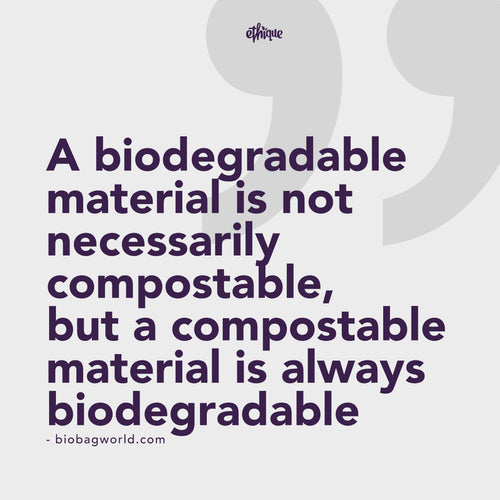As conscious consumers, we often find ourselves overwhelmed by the constant deluge of information surrounding socially and environmentally responsible choices. Navigating the complex world of green marketing strategies can be particularly challenging, especially when it comes to greenwashing in cosmetic companies. In this article, we aim to empower you with the knowledge to identify greenwashing tactics, enabling you to make informed decisions that prioritize genuine environmental impact.
What is Greenwashing?
At its core, greenwashing is the deceptive practice of misrepresenting a product or service's environmental benefits to consumers. This marketing strategy creates a disconnect between what a business claims to be doing and its actual practices, ultimately misleading well-intentioned buyers with false or misleading environmental claims.
Red Flags to Watch For
- Vague Terminology Be cautious of businesses that use ambiguous terms like "environmentally friendly," "green products," or "zero-waste" without providing concrete evidence to support their claims. The European Union (EU) is taking proactive measures to combat this issue by banning generic terms related to social and environmental impacts.
- Lack of Transparency Genuine sustainability claims should be backed by specific actions, strategies, and certifications that demonstrate a company's commitment. If a business fails to provide detailed information or lacks transparency regarding its impact strategy, it may be a sign of greenwashing. Look for respected certifications like B Corp, which requires businesses to maintain a comprehensive, long-term dedication to corporate sustainability.
- Goals Without a Plan While setting sustainability goals is undeniably important, it must be accompanied by a clear roadmap that acknowledges challenges and outlines solutions. Be wary of businesses that communicate lofty goals without presenting a detailed plan to achieve them. Real change is driven by substantial progress, not symbolic actions like carbon offsets or investments in renewable energy without addressing core issues.
- Single-Issue Focus Reducing a company's carbon footprint is a multi-faceted process that should consider all aspects of its operations. Be cautious of businesses that emphasize a single impact while ignoring other critical issues like fossil fuel usage or preservation of natural resources.
Our Promise
At Ethique, we are dedicated to being accountable for our impact and maintaining transparency with our valued customers. Our teams collaborate to ensure that our terminology accurately reflects the true qualities of our sustainable products. When we make a claim, it is because our business model fully embodies it, and we can substantiate it with data and certifications. We invite you to explore the Impact section on our website to discover the certifications we proudly hold.
As a beauty brand that sets a higher bar in the industry, we are committed to fostering a community built on trust. Beyond ensuring transparency, we firmly believe in the power of consumer education as a catalyst for positive change. By empowering our customers with the knowledge to identify greenwashing shampoo and other forms of greenwashing, we hope to inspire more people to act against climate change and support truly environmentally sustainable practices.
Sources

 Impact
Impact Blog
Blog Store Locator
Store Locator


